|
Advertisement
|
Partitocracy
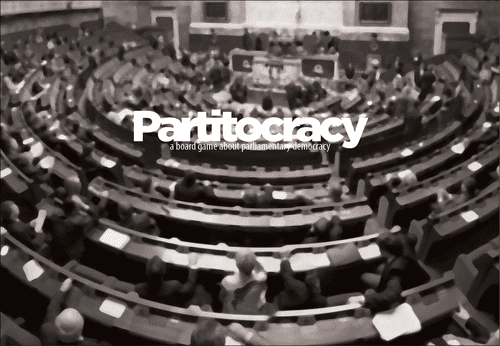
DescriptionDescription from the publisher: A board game about parliamentary politics. Partitocracy focuses on the relationship between the parties, the voters, represented in the game by voter groups, and their interactions, both through legislation and media outlets. Each player is in charge of a Party, decides what gauge of the ideological spectre they want to represent, fight with other parties to be the preferred option for their voters and all of it while establishing alliances to reach government and develop their own policies. This is a game for 2 to 5 players, and a regular game should last between 2 and 3 hours. Players handle a party by spreading its influence among the voter groups they want to represent, and from which they will gather the voters from. By playing actions and presenting laws in favour of these groups they will collect victory points, but at the same time it will grant voters to the groups affected negatively by those laws by altering the status quo, thus with every law the government pushes in their interests, the more likely that the opposition manages to gather a majority in the next election. Turns represent a year, and in it several rounds are played. The main resource for the players come in the form of cards, and they can use it for either pay for actions or laws, to trigger the event the card includes or to fire up or cool down the public opinion. Every four turns (or earlier if the government's budget is turned down at the end of every turn) an election round is called and the players have to assemble a new government. The other pivotal element is the stability of the country. Player's actions and random events modify the stability and how well the country as a whole works (unemployment, security, social integration, etc). This bar is bracketed between two values: Welfare on the low end (how bad things can get before people start rioting on the streets) and high end (how much bureaucracy and government intervention can cap the growth in good times). The stability can never get past the Red Tape value, and if it falls below the Welfare the board advances in the revolution track. If it's not properly handled, it's possible (though not easy) to trigger a civil conflict that ends the game and the winner is decided by which of the most extremist factions got more popular support. The game is not so much a pure simulator but one that pretends to replicate the flow and the narrative that you can perceive in any country with a parliamentary government environment, and to such extend we believe we have achieved so. Game DiscussionsAdd CommentYou need to be logged in to comment. Insert Bullet List Please enter at least one item. Item: Item: Item: Item: Item: Insert Numeric List Please enter at least one item. Item: Item: Item: Item: Item: Insert Link Please enter the link of the website Optionally you can add display text Insert Email Please enter the email address Optionally add any display text Insert Image Please enter the link of the image Insert YouTube Video Please enter the link of the video MarketplaceNo listings at the moment. Do you own this game? Click here to list it for sale.
|
Best Sellers
Board Games
|
||||
Latest Searches: Monster flush | Nerf Zombie Strike Blade Toy | decents | city+fo+iron | chile | team fortress | white house | epic card game | paw patrol monopoly | sorry sliders | My+homehonetown | Monopoly kingdom | Monopoly the last airbender | montana opoly game | ants | Leonardo Da Vinci | Until the bitter end | Wits and wagers expansion pack | hasbro book edition wood | ronin | chocolate | Opelika+monopoly | Lake Oswegoa | The walking dead | Nerf rival khaod | Monopoly durham NC edition | gerald mcboing boing | Brick nj monopoly | Jigquiz+instructions | Economic
All Rights Reserved




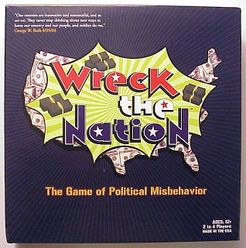



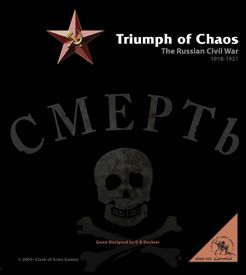
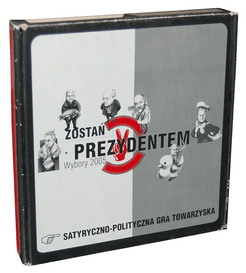
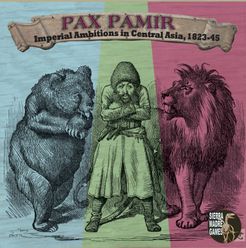
Comments (0)